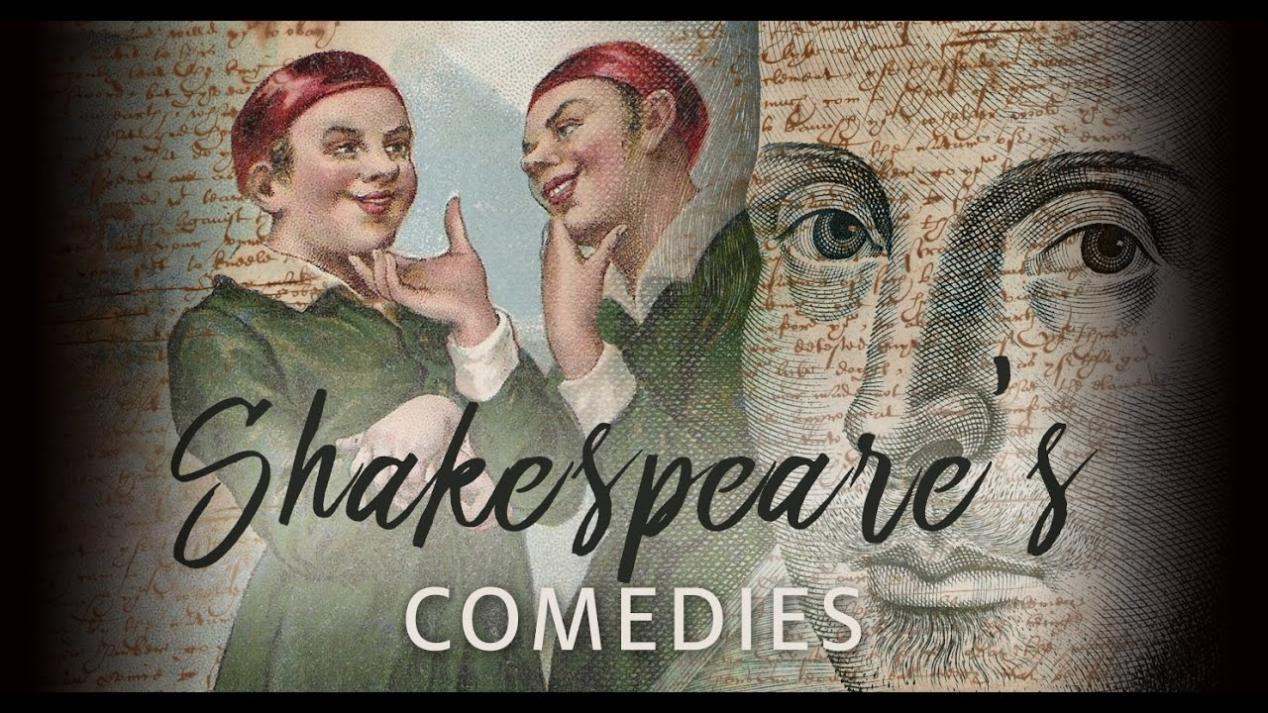What Are the Most Famous Adaptations of Shakespeare's Plays and How Do They Compare to the Originals?
Introduction

The works of William Shakespeare have captivated audiences for centuries, transcending time and cultural boundaries. His plays have been adapted into various forms, including film, theater, and modern retellings, each offering unique interpretations and perspectives on the original texts. This article explores some of the most famous adaptations of Shakespeare's plays and compares them to their original versions, examining their fidelity to the source material, interpretation of themes and characters, and use of cinematic techniques.
Famous Adaptations Of Shakespeare's Plays
Romeo And Juliet
- Baz Luhrmann's 1996 Film Adaptation:
- Set in modern-day Verona Beach, California.
- Utilizes contemporary music, costumes, and language.
- Emphasizes the themes of love, violence, and fate.
- Franco Zeffirelli's 1968 Film Adaptation:
- Set in a traditional Italian Renaissance setting.
- Known for its visually stunning cinematography and faithful adaptation of the original text.
- Captures the timeless nature of the love story.
Hamlet
- Kenneth Branagh's 1996 Film Adaptation:
- Features an all-star cast and a runtime of over four hours.
- Notable for its faithfulness to the original text and its exploration of Hamlet's inner turmoil.
- Michael Almereyda's 2000 Film Adaptation:
- Set in modern-day New York City.
- Utilizes digital technology and a nonlinear narrative structure.
- Explores themes of grief, betrayal, and the search for truth.
Macbeth
- Roman Polanski's 1971 Film Adaptation:
- Set in a bleak and desolate Scottish landscape.
- Known for its haunting visuals and atmospheric cinematography.
- Captures the psychological deterioration of Macbeth and Lady Macbeth.
- Justin Kurzel's 2015 Film Adaptation:
- Features Michael Fassbender and Marion Cotillard in the lead roles.
- Set in a visually stunning and brutal depiction of medieval Scotland.
- Explores the themes of ambition, guilt, and the consequences of unchecked power.
Comparison Of Adaptations To The Originals
Fidelity To The Original Text
- Some adaptations adhere closely to the original text, preserving the language, plot, and characters.
- Other adaptations make significant changes to the source material, modernizing the language, updating the setting, or altering the plot.
- The extent to which an adaptation remains faithful to the original text can impact its overall reception and appeal to audiences.
Interpretation Of Themes And Characters
- Adaptations often bring fresh perspectives and interpretations to Shakespeare's plays.
- Directors and actors bring their own unique insights and sensibilities to the characters, influencing their portrayal and motivations.
- These interpretations can provide new insights into the play's themes and characters, enriching the audience's understanding and appreciation.
Cinematic Techniques And Visual Elements
- Adaptations utilize various cinematic techniques to enhance the storytelling and create a distinct visual experience.
- Cinematography, editing, and visual effects can contribute to the overall atmosphere, mood, and impact of the film.
- The use of these techniques can help convey the play's themes and emotions in a powerful and immersive way.
Conclusion
Adaptations of Shakespeare's plays play a vital role in keeping his works relevant and accessible to contemporary audiences. They offer new perspectives, interpretations, and visual representations that can engage and resonate with modern viewers. While some adaptations remain faithful to the original text, others take creative liberties to explore new themes and ideas. Regardless of their approach, these adaptations collectively contribute to the enduring legacy of Shakespeare's plays, ensuring that his stories continue to captivate and inspire audiences across generations.
YesNo

Leave a Reply